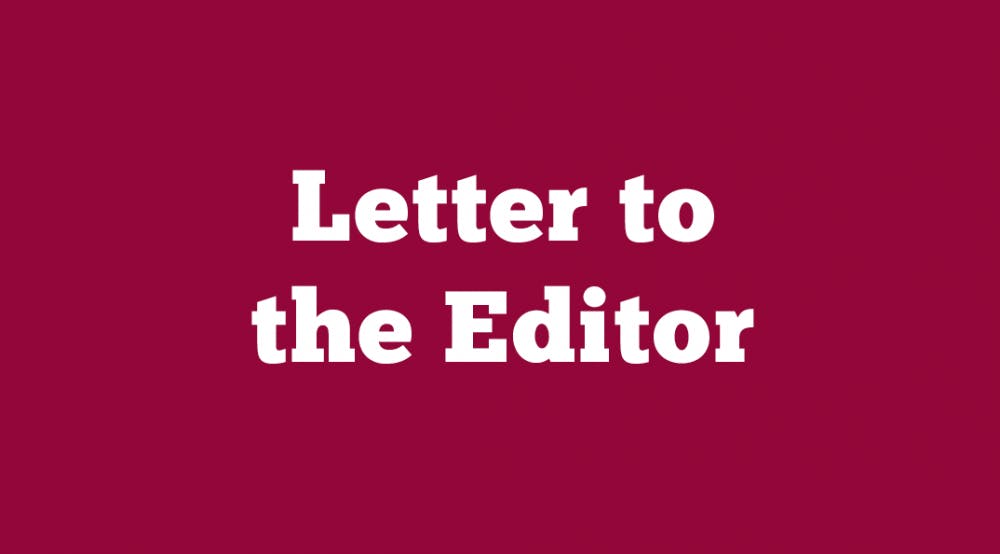LETTER TO THE EDITOR: Central Michigan University needs to focus on student-centered advising
The Central Michigan Life editorial titled “Don’t let CMU overwhelm you” focuses on a central argument that, in my mind, presents a real hurdle to overcome for student success.
It is advising.
In 2011, a collaborative effort was initiated between Central Michigan University’s Office of Information Technology and the Registrar’s Office to advance advising by establishing a degree audit system.
I was an advocate of this initiative and assisted in my role as interim associate dean and, later, a faculty member. The goal was to make transcripts and degree progress available to students and advisers in real time.
For me, the model for this effort was the Banner Advising System, a software program I became familiar with when I taught at the University of Idaho. I found the program to be intuitive and effective, allowing for posting midterm grades, access to a student’s academic history and an adviser approval mechanism for class registration.
Why the need for mid-term grades and registration approval?
To assure students would meet with their adviser every semester — to discuss progress up to and including the current semester, address challenges with future course offerings and to demonstrate real, tangible support and concern for student success before they registered for the following semester.
What has become the CMU ‘Advising Admin’ was built on Systems, Applications and Products in data processing (SAP).
Simply put, it lacks the functionality of a system such as Banner.
Whenever I suggest moving to a more proactive advising system, many administrators and faculty colleagues respond with everything from a blank stare, to declarations of walkouts and threats of culture wars.
Not many seem interested in implementing a proven advising system universities in Michigan and throughout the country have been using for decades.
Informal discussions with students concerning a more proactive advising approach typically results in a split response. Half see some merit in semester meetings with their adviser and the other half see it as a hassle. It seems to me, increasing face-to-face time with students to discuss their progress, challenges and goals is a great way to nurture student success and increase retention rates.
This is entirely in keeping with CMU’s 2017-2022 Strategic Plan.
Students should not be held accountable for every word in the Academic Bulletin and should be guided by the experienced and knowledgeable faculty in their degree majors.
Admittedly, high levels of advising occurs in pockets around campus. The fact that advising at large is addressed broadly via an editorial in the student paper is an indication that something significant is amiss.
We can do better. For the sake of our students, we must do better.
AL WILDEY
Professor, Art & Design







